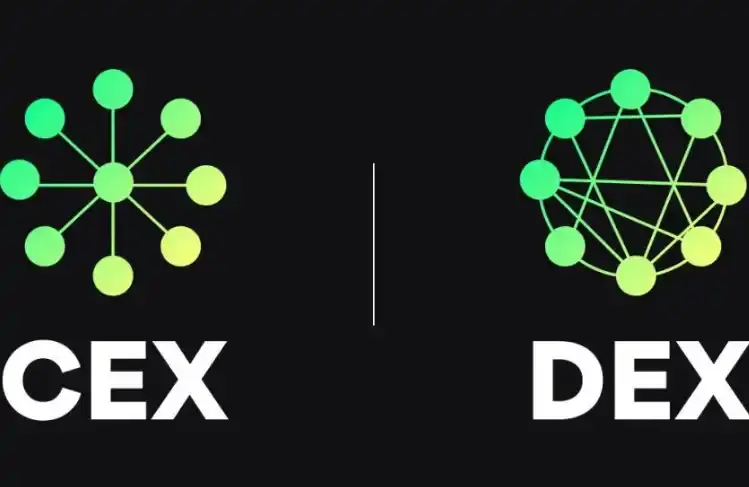Interview with Ross Ulbricht, founder of "Silk Road": life in prison before being pardoned

Reprinted from panewslab
01/24/2025·3MOriginal interview: Bitcoin Magazine;
Guest: Ross Ulbricht, founder of “Silk Road”;
Compiled by: Ashley, BlockBeats
Editor's note: This interview took place in 2021. This is the first time Silk Road founder Ross Ulbricht has spoken publicly since the website was closed. During the call, he recalled the original intention of creating the Silk Road, expressed his belief in freedom and privacy, and at the same time deeply apologized for the consequences. Ross described his traumatic experience in incarceration and ended the interview by once again conveying unwavering hope for the future of Bitcoin. This interview is not only his personal cry, but also a call for social justice and human dignity.
The following is the original content (the original content has been edited for ease of reading and understanding):
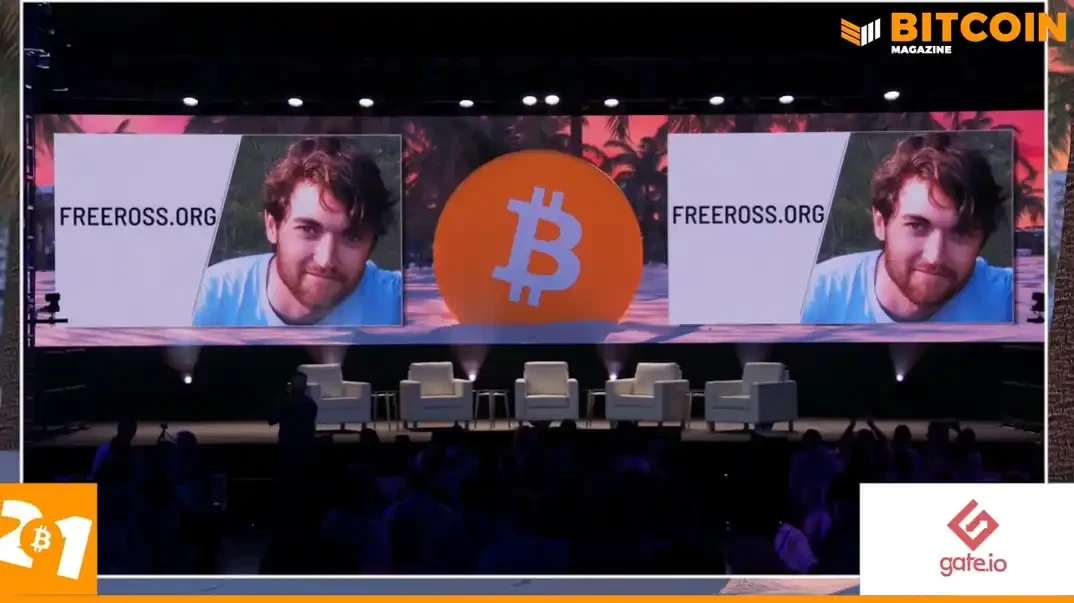
David Bailey (Bitcoin Magazine): I would like to introduce Peter Chawaga from the Bitcoin Magazine team. I have to say, it's a real honor for us to have the opportunity to interview our next guest. This is his first interview with Bitcoin Magazine, and it is definitely a historic moment. I'm extremely proud of Peter's work. And if you don't have tissues, get them now because you're probably going to cry by the end, okay?
Peter Chawaga (Bitcoin Magazine): Thank you, David. We've covered a lot of great stuff throughout the day, and we've looked back at the various amazing stories surrounding Bitcoin over the years. But this part is really special. So I thank you all for coming and I really feel like this moment deserves all the attention. So before we play the recording, I've prepared a statement to introduce things to you. Like many of you here, the first time I heard about real-world applications of Bitcoin was through a platform called Silk Road. Launched in 2011, it is a website accessed through IP address hiding software that allows users to buy and sell goods in a censorship-resistant manner. It quickly became Bitcoin’s first significant use case. This fits neatly into Bitcoin’s many unique properties—properties that we celebrate and are proud of today. It provides users with a free, open, and censorship-resistant marketplace.
The founder of Silk Road is a 26-year-old libertarian, research scientist, entrepreneur and early Bitcoin user named Ross Ulbricht. Less than three years after the site launched, it was shut down and Ross was arrested by federal authorities. Although he was a first-time offender and had not been convicted of a violent crime, he was sentenced to two life sentences plus 40 years. He has served nearly eight years in prison. Earlier this week, I had the opportunity to interview Ross from behind bars, and today we’re sharing the recording of that interview. It was Ross' first public comment by phone since Silk Road was shut down.
Before I get started, I want to talk about my personal experience talking to Ross. My impression of him is that he is a kind, gentle and surprisingly positive person, especially given his circumstances. He doesn't strike me as a violent criminal at all, but that's how he is often portrayed in the media. When you hear his voice, I know Ross is a larger-than-life figure in this community and more broadly, but I want you to remember that he is a flesh-and-blood human being. He faced the possibility of never being free but remained hopeful and strong in a way that impressed me. So, now please listen to this recording, I hope you like it.
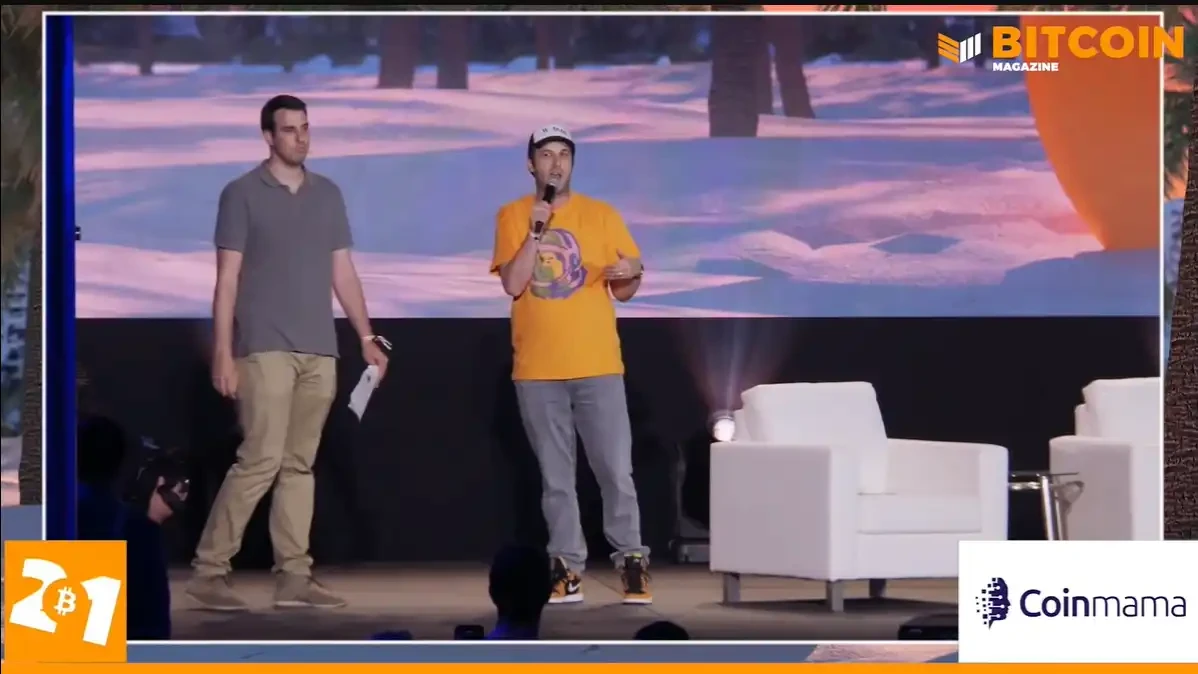
Ross Ulbricht: Hello.
Peter Chawaga (Bitcoin Magazine): Hello Ross, I’m Peter from Bitcoin Magazine.
Ross Ulbricht: Hello, I'm Ross Ulbricht calling you today from a federal maximum security prison. We don't have much time today, and I don't know if I'll ever get the chance to talk to you like this again. I'll try to say as much as I can, but when the time comes, I have to hang up and go back to my cell. I've lost my freedom, and that's what I want to talk to you about today. I want you to understand what it means to lose your freedom. But let’s talk about Bitcoin first.
I was involved in the early development of Bitcoin. At that time, Bitcoin made me feel like anything was possible. Bitcoin is for everyone, that’s what I love most about it. It seems to put everyone on the same starting line. When the idea of Bitcoin really clicked for me, I was excited. I thought with Bitcoin I could try to do something really meaningful. By the way, before I went to jail, there weren’t as many cryptocurrencies, tokens, and various blockchains as there are now. I missed it all. So to me, it's all the same thing: forks, new blockchains, all of that. When I say Bitcoin, I don't differentiate between these. Maybe it sounds cheesy, but to me, we are family.
I was very excited, but also very impatient. I saw Bitcoin's potential for freedom and equality, but I didn't take the time to really understand its principles, such as immutability, consensus, and of course decentralization. I have a lot of big dreams for Bitcoin, and those dreams are slowly coming true. It's because of you, you're living those dreams. You are doing things that I did not have the patience to do at the time. Over the past eight years, I've been amazed time and again by the progress we've made.
But at the time, I was too impatient. I rushed forward with my first idea -the Silk Road. It was a website I created when I was 26, now over ten years ago. It uses Bitcoin to protect people’s privacy. I call it an anonymous market. I thought at the time, if Bitcoin can make payments anonymous and private, then why are we waiting? Why just discuss it? Take action! It was the impulsive act of a 26-year-old who thought he had to save the world before someone else could do it. I didn't know if Silk Road would have been successful, but now we all know that it did take off. It was used to sell drugs and I went to jail for it. I was sentenced to two life sentences without the possibility of parole plus 40 years. I was a non-violent first time offender, but that didn't change anything. I will have to spend the next few decades in this cell, maybe even longer, until some century later I grow old and die in the cell, finally leaving the prison in a body bag.
A few days ago, I received a letter from a stranger. He thanked me for putting the Silk Road online. He believes that without the Silk Road, Bitcoin would not have developed to where it is today. I'm not sure. But for better or worse, Silk Road has become a part of Bitcoin history. But I’m also worried that putting the Silk Road online may make our path more difficult. We'll never know what would have happened if history had been different, but I want to say that if my actions made our path harder, I'm sorry for that. I am also sorry if my actions contributed to drug abuse and addiction. I'm just trying to do a good thing, I'm trying to help move us toward a freer, more equal world. But we all know that the road to hell is often paved with good intentions. And now, I'm in hell.
I want you to understand what it means to lose your freedom. Let me start with the "lockdown room". It has many names, "dark room", "isolation room" and "box", but to me, it is "the abyss". The abyss is a prison within a prison. I was locked in an abyss for four months straight. This is not easy for me to say, but I will try to tell you. The abyss can break a person, but it can also reshape a person. There was a time when I felt like my mind was spiraling out of control. I felt the walls closing in on me and I felt like I had to get out of that small room. This feeling lasted for several days, and then I started pounding on the wall and kicking on the heavy iron door. Deep inside, there is a longing for freedom. I couldn't accept where I was, or what was happening to me.
But eventually, I realized I had to snap out of it. This stress is destroying me. It may sound strange, but what saves me is gratitude. What can I be grateful for, in such a small room? Well, I have to start small. Do I have air? Maybe it was the dirty air, but I could still breathe. I had water to drink, and while it may not have been clean, it didn't make me sick. Food is brought in through a slot in the door every day. I know I'm not forgotten. My family, I know they are still waiting for me and one day this will be all over and my family will still be there.
I forgive everyone who brought my life to this point. I had to do it. Because anger doesn't hurt them, it only hurts myself, so I have to let it go. I had a dream in the abyss, and I dreamed that I was free. I was in a park and felt a huge sense of relief. I am no longer incarcerated. But then I started to worry, was I bailed out? Will they put me back in jail? I started to want to run away, and the anxiety woke me up. When I woke up, I was back in the abyss. At that moment, everything that had happened to me—the life sentence, the maximum security prison, the months in confinement—came crashing down on me. It felt like everything was falling apart.
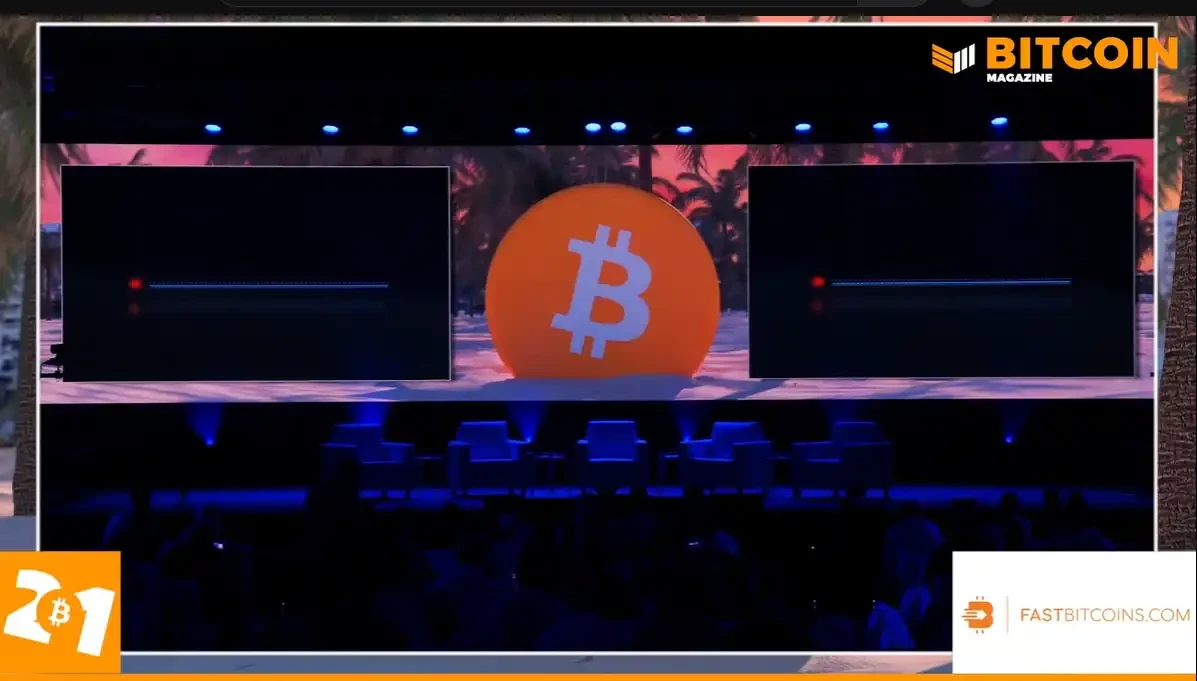
I want you to understand what it means to lose your freedom. After I was sentenced, my mother went on a speaking tour in Europe to educate people about my experience and seek help. While in Poland, she began to feel unwell and had to return home early. The next morning, I called my sister from jail. As soon as the call was connected, she said, "You don't know about mom yet, right?" I asked her, "What's wrong with mom?" She replied in a voice that scared me: "Oh, Ross, Ross, Ross. "When I heard this, I immediately understood that my sister might be telling me that my mother had passed away.
But she then said, "Mom is in the hospital." When I heard this, I breathed a sigh of relief and thought, "Fortunately, she's not dead." But then I thought, "Being in the hospital is not a good thing." News. "My mother's heart actually stopped during breakfast and my uncle performed CPR and she was taken to the hospital. When I called, she was still in a coma in the hospital and we didn't know if she would survive or if she would have brain damage. Although no one said it, I knew it was my fault. She hasn't had a day off in two years since the day I was arrested. She ran for my freedom every day and endured tremendous pressure until her body could no longer hold on.
The doctor said that she suffered from a disease called "stress cardiomyopathy", which I call "broken heart syndrome". I broke my mother's heart and nearly killed her. The pain I have caused my family is indescribable. I didn't think enough of them when I took the risk. Thank God, my mother made a full recovery. Eight years have passed and she still runs for me every day. But the whole incident, my incarceration, was devastating to her. The same goes for my fiancée, my dad, my sister, and the entire family. They are all suffering.
I want you to understand that losing your freedom is more than just being imprisoned and more than just the devastating impact such incarceration has on your family. Putting someone in a cage until they die is the most cruel form of torture that can be inflicted on a person. In order for the public to accept such punishment, people must be convinced that the person is evil and a subhuman being. After I was arrested, a prisoner came up to me with a magazine in his hand. He said to me, "Ross, they wrote an article about you in the magazine." I opened the article and saw an illustration. The face in that painting has similar facial features to mine, but the skin is sallow, the eyes are bloodshot, and my body is hunched like a monster. I couldn't face this image and threw the magazine aside. I felt pain in my chest as if it was being torn apart by sharp claws.
The prisoner said, "At least look at what they are saying." I asked him, "Why? Why do you have to listen to others slander you and lie, but have no way to refute it?" He was silent. Later that day, he told me, they did the same thing to him, smearing him on national television news. It was an article in the local newspaper, but it was the same for every one of us. That's why I don't want to read it. He tore the article out, tore it into pieces, and threw it in the trash. He said, "I don't want to read it either." That meant a lot to me. He said, "I don't want to read it either." That gave me hope—that you wouldn't think of me as a monster.
They made me into a violent drug lord, and that's not who I am. It was a lie, an elaborate lie used to justify keeping me in prison until death. This lie is meant to make you indifferent to me and to close your hearts to me. They lied on the court record, they cheated, it's documented. They committed a theft, which landed two agents in jail. These are factual records. They fabricated evidence, destroyed evidence, and planted false evidence. These are also documented.
At one point, they were even considering giving me the death penalty. They considered injecting chemicals into my veins to stop my heartbeat. I once dreamed of a man holding a syringe to my chin, getting closer and closer. I pressed my back against the wall, every muscle tense, trying to escape. I woke up when the tip of the syringe almost touched my skin. When I woke up, I found myself maintaining the same tense posture in my dream, gasping for air and my heart beating rapidly. I can still feel the fear of having a needle close to me.
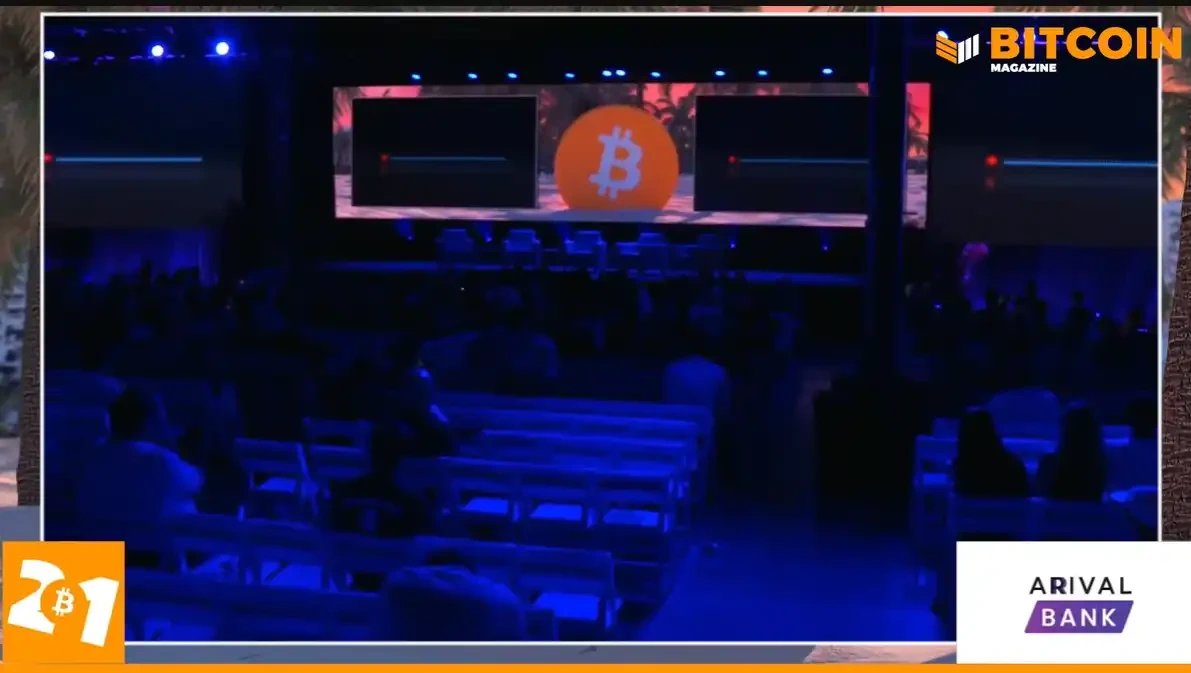
Are you beginning to understand what it means to lose your freedom? It means living in constant fear. So why did it take me so many years to talk to you? Because I'm afraid. Even now I am strongly warned not to speak to you. They told me that this would only anger the authorities and eliminate any chance I had in court. It's not my intention to piss anyone off, and yes, I'm scared. Afraid of retaliation, afraid that because of what I said to you today, I will be thrown into the "abyss" again or something worse will happen to me. But I’ve learned that overly listening to fear can sometimes be just as dangerous as ignoring it entirely. Eight years have passed quietly. For eight years, I tried to block out the lies and just focus on getting through each day and trying to be strong for my family. But today, right now, I want to send a message to those who care about me, and those who mindlessly repeat those lies: Please stop. You are hurting me. Please stop. You know what you are saying is not true. You are hurting me and you are hurting my family. Please stop.
I want you to understand what it means to lose your freedom. Ironically, I founded Silk Road precisely because I wanted to advance the things I care about—freedom, privacy, and equality. But because of the Silk Road, I ended up in a place where these values did not exist. I'm not the only one. Prisons are full of people who should not be incarcerated. We are mothers, fathers, sisters, and brothers, but in your eyes, we are portrayed as monsters and deprived of our dignity as human beings.
However, there is also Bitcoin. From the very first block of the blockchain, Bitcoin has been changing the world. Let me tell you something: we are just getting started. Whenever Bitcoin is accepted somewhere in the world, freedom and equality follow. Bitcoin is a symbol of freedom.
Now look at where we are. On one side is lost freedom, despair and darkness; on the other side is Bitcoin, freedom, equality and hope. The two cannot coexist, so the darkness must be covered up and ignored. But hear me, I am shouting to you from that darkness. It was a cry for help. My mother couldn't do it alone. I’m not just shouting for myself, but for all of us. We need your help. We need you to see the stark contrast between free Bitcoin and being imprisoned until death. Today, now, we have a choice. Are we going to ignore what is going on? Ignore the loss of freedom? Ignoring dehumanizing treatment? Or are we going to wake up?
Listen, Bitcoin is powerful, Bitcoin has power. We also have the power, but our work is not over yet. It’s time to wake up and it’s time to take the next step. Over the past eight years, I have watched Bitcoin grow. I saw incredible innovation and I saw inspiring courage. In the early days of Bitcoin, we had no idea how it would develop. But over the years, you have impressed me time and time again. You guys make me proud and I have no doubt that we can achieve anything we achieve.
We are changing the global economy and bringing the breath of freedom and equality to every corner of the world. I know we can change the criminal justice system, too. Today, I challenge you: Set your sights on the hardest problems. I challenge you to shine the light of Bitcoin into those darkest corners. I challenge you to set us free.
I've seen some of my friends come home after serving years or even decades in prison. Some even escaped life sentences. Every time this happens, I'm moved to tears. The feeling of seeing someone free and reunited with their family is unparalleled. It was beautiful, it hurt, it was like a miracle. We need more miracles.
I'm going to hang up soon. But I don't want to leave. I didn't want to go back to that cell. I want to be with you. Talking to you today is the most freeing I have felt in a long time. Thank you, thank you for the attention you give me. I will never forget this day. The memory of this day can never be taken away.
Okay, I'm leaving. Thank you and goodbye.
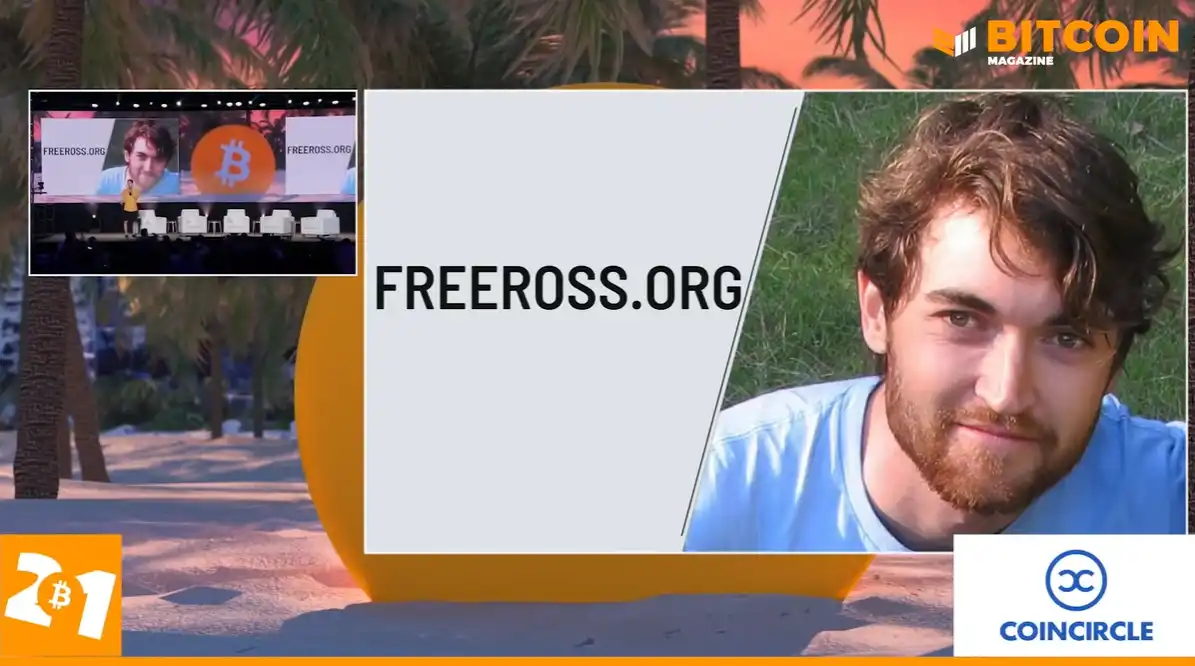
David Bailey (Bitcoin Magazine): Ladies and gentlemen, we are very lucky today. Lyn (Ross's mother) was also here and if you see her, please give her a hug for Ross and give her a hug for all of us. This is what Bitcoin is about -about freedom, about freeing Ross. We owe him and the world a fair verdict. Please applaud Ross and applaud us for this moment today. Thank you.
Original link


 chaincatcher
chaincatcher